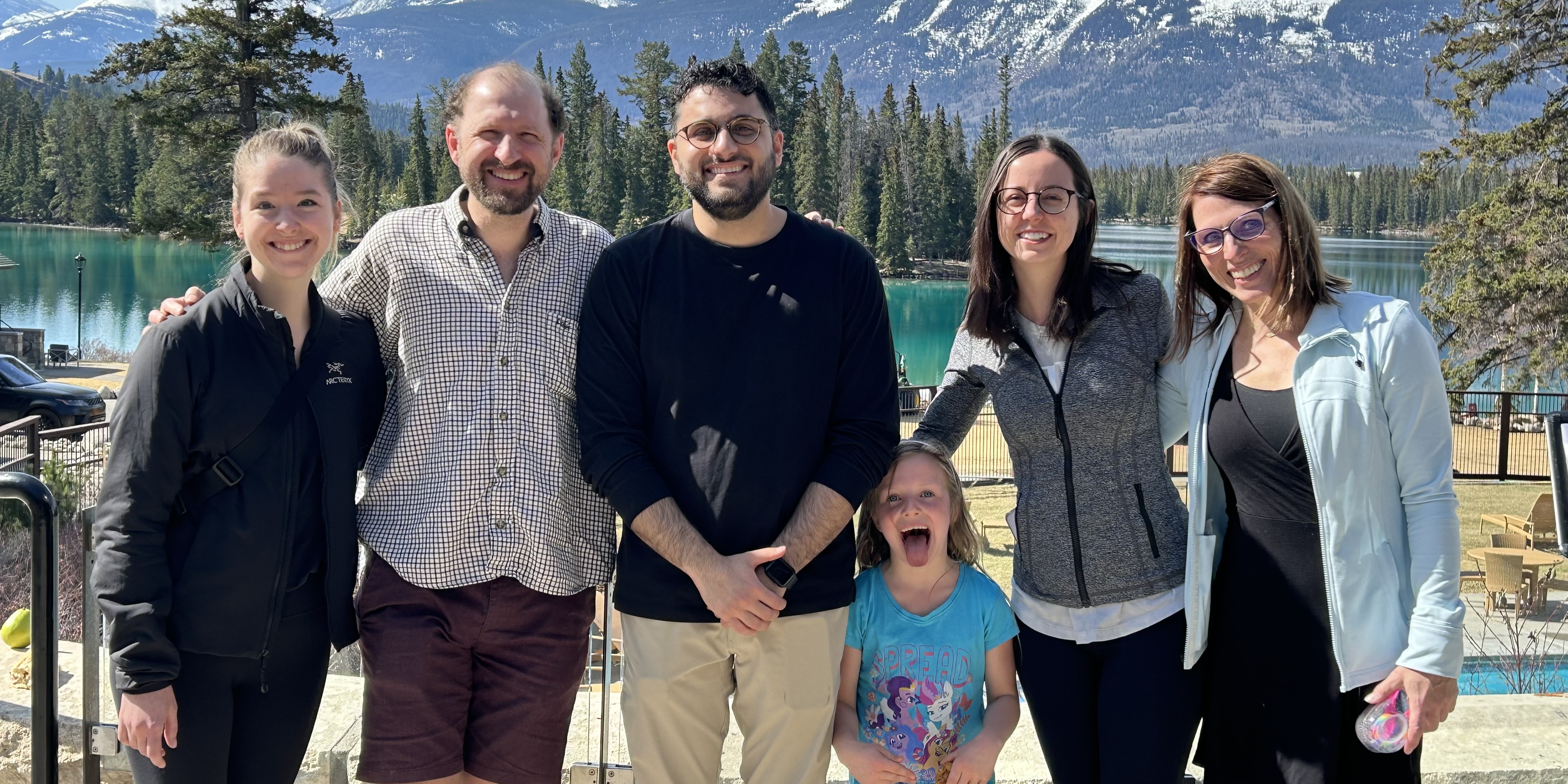
Pediatric Neurology Residency Program
12
CHILD NEUROLOGISTS ACROSS WIDE RANGE OF SUBSPECIALTIES
#1
BUSIEST CONSULT SERVICE AT THE CHILDREN’S HOSPITAL
2
INPATIENT SERVICES: GENERAL SERVICE NEURO CRITICAL CARE SERVICE
CaRMS Information
All interviews will be conducted virtually using Zoom as our interview platform.
There will be a welcome and registration with the Program Directors on the day of your interview, we will email you your schedule with all your schedule details
Our interview process consists of four separate stations- Program Director Stations: meet with the program director and have a chance to ask questions about the program
- Resident Station: meet and chat with two residents
- Faculty Station 1: meet two faculty and discuss your interest in pediatric neurosciences
- Faculty Station 2: meet two faculty and discuss your interest in research
Our aim is not to quiz you, but rather to get to know you. We also want you to get to know us and be able for you to ask all your questions. We believe that the best resident for our program is the one that will best integrate with our team.
Contact Us
Pediatric Neurology ProgramEdmonton Clinic Health Academy
11405-87 Avenue, 3rd Floor
Edmonton, AB T6G 1C9
Email: pedneuro@ualberta.ca
Colin Wilbur
Program Director
Joan Thibault
Program Administrator
Email: pedneuro@ualberta.ca
Division of Pediatric Neurology
Department of Pediatrics
Adult Neurology Residency Program
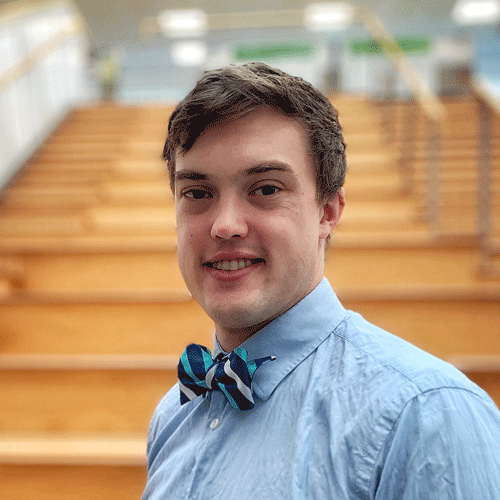
Dr. Colin Wilbur
Program Director
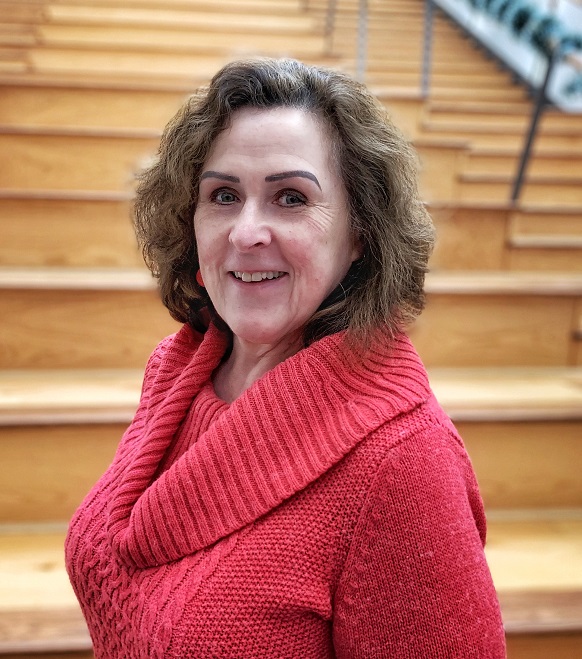
Joan Thibault
Program Administrator
Welcome to the Pediatric Neurology Residency Training Program
Pediatric neurology is a branch of medicine concerned with treating the disorders of the nervous system of children which includes all conditions involving the spinal cord, muscle, nerves, and brain. This specialty encompasses diverse fields such as learning and development, seizure disorders, headaches, and neurogenetics. Our program follows the Royal College of Physicians and Surgeons of Canada's Objectives of Training and Specialty Training Requirements for Pediatric Neurology.
We are fortunate to have twelve full time child neurologists with a diverse range of interests including epilepsy, headache, neuromuscular, neurogenetics, neonatal neurology and beyond. We run a busy consult service from the ER, wards, PICU and NICU (the busiest in the Stollery Children’s Hospital) providing exposure to all aspects of Child Neurology. Weekly Pediatric Neuroscience rounds, Epilepsy Surgery conferences and many teaching sessions are part of daily rounds, which assist in the sharing and consolidation of valuable knowledge.
It is our philosophy that the residency program serves to guide trainees in developing their own career objectives and help in fulfilling them. As such, our program is flexible with regards to electives both within our institution or abroad, and with regards to potential research projects.
In addition, our residents have input into their education and participate in the process of developing educational initiatives and policies. As our program offers a collegial environment between residents and attending staff, there are extensive opportunities for mentorship and career advice.
The Stollery Children's Hospital has cardiac PCICU, cardiac surgeries, stroke and migraine programs, fetal neurology and NCCS are unique to the program. This hospital is the largest catchment area of any children’s hospital in Canada and with the large referral base is more detailed. Pediatric neurology residents have a very good and direct exposure to all these.
Collin Wilbur
Program Director
Our Program
We are a fully accredited Royal College program. We offer consultative services for a full range of pediatric neurological disorders. Because of the number of faculty members with subspecialty interests and expertise, a wide variety of subspecialty pediatric neurology clinics are available for trainees including clinics in pediatric epilepsy (including ketogenic diet and epilepsy surgery), pediatric headache, neuromuscular disorders, neurodevelopment, neurogenetics, and pediatric stroke.

Program Highlights

High faculty-to-resident ratio (~2.5:1)

Longitudinal Resident Clinic starting in second year

Weekly academic rounds

Strong collegial relationship with Adult Neurology and General Pediatrics

Diverse experience in inpatient and outpatient settings, including community pediatric neurology

Large referral base
Resdiency at a Glance
Learn about the different years of the program with an overview of each year.
- Orientation (*fixed schedule - first week)
- Neurology (2 blocks) (* fixed schedule - 1st block)
- NICU RAH
- CTU Purple JR
- CTU Orange JR
- Night Float JR
- Pediatric ER
- Mental Health
- Developmental Pediatrics JR
- Neurosurgery
- Hematology-oncology
- Selective (1 block of resident’s choice: Cardiology, Rheumatology, Endocrinology)
- Vacation
4-5 Blocks Pediatric Neurology
6 Weeks PICU/2 Weeks PCICU
1 Block Pediatric Neurology Clinic
1 Block EEG/Epilepsy
2 Blocks Adult Neurology (4 weeks General neurology ward, 2 weeks stroke wards, 2 weeks consult)
1 Block Metabolics/Genetics
1 Block Pediatric Physiatry (Neuro specific)
1 Block Research
4-6 Blocks Pediatric Neurology
1 Block Peds Neurology Clinic
1 Block EEG/Epilepsy
2 Blocks Adult Neurology (4 weeks General neurology, 2 weeks stroke wards, 2 weeks consult)
1/2 Blocks Peds Neuroradiology (2 weeks peds MRI)
1 Block Neuromuscular (2nd half of year)
1 Block Call-Protected Elective
1-2 Blocks Elective (Clinic, Epilepsy, Movement Disorder, Stroke, Multiple Sclerosis, Neuro-ophthalmology, Research)
1-6 BlocksResearch (over all 5 years)
4-5 Blocks Pediatric Neurology
1 Block Peds Neurology Clinic
1 Block Adult Neurology (2 weeks Hyperacute stroke (no acute stroke overnight call - adult neuro call), 2 weeks outpatient clinic (no call)
1 Block Multiple Sclerosis
1 Block Pediatric Palliative Care
1/2 Block Neuroradiology
1 Block Neuropathology
1 Block Call-Protected Elective
2-4 Blocks Elective or Neurology Subspecialty clinic (Epilepsy, Movement Disorder, Stroke, Multiple Sclerosis, Neuro-ophthalmology, Research, Neurology Clinics)
1-6 Blocks Research (over all 5 years)
1.5 Blocks Pediatric Neurology (Senior Resident)
1.5 Blocks Pediatric Neurology (Junior Attending)
1 Block NCCS (Junior Attending)
3 Blocks Pediatric Neurology Clinics
1 Block Call-Protected Elective
5 Blocks Elective or Neurology Subspecialty clinic (Epilepsy, Movement Disorder, Stroke, Multiple Sclerosis, Neuro-ophthalmology, Neuromuscular, Research)
1-6 Blocks Research (over all 5 years)
Teaching Hospitals
We are a fully accredited program that follows the guidelines set out by the Royal College of Physicians and Surgeons of Canada. Our program is four core years spent in general pediatrics at multiple locations.
- The majority of training is provided at the Stollery Children's Hospital (SCH) which is the tertiary referral centre in Northern Alberta. The SCH has a busy medical service, surgical service, intensive care, and emergency room. It also houses pediatric oncology, pediatric cardiology, all surgical programs (general, cardiac, transplantation, neurosurgery, orthopedic, urological, and ENT surgery divisions), the Pediatric Intensive Care Unit (PICU), and one level 3 Neonatal Intensive Care Unit (NICU) for outborn children.
- The Stollery is a well-recognized centre for specialized pediatric services. It is Western Canada’s referral centre for pediatric cardiac surgery and a national leader in organ transplantation. The Stollery cares for children from northern and central Alberta, as well as parts of Manitoba, Saskatchewan, British Columbia, Northwest Territories, Yukon and Nunavut.
University of Alberta Hospital
- University of Alberta Hospital (UAH) is located on the U of A campus. It is one of Canada’s leading clinical, research and teaching hospitals, treating more than 700,000 patients annually from across Western and Northern Canada. Adjacent to the Stollery, the University Hospital is the primary site for adult neurology consultation requests.
- The Royal Alexandra Hospital houses the other level 3 NICU and forms a source of consultation requests to the Neonatal Neurology service. Outpatient consultation in developmental pediatrics and physiatry occurs at the Glenrose Rehabilitation Hospital.
Frequently Asked Questions
The University of Alberta is a large centralized campus located in the vibrant Garneau neighbourhood with cafés and restaurants, next to the river valley with its many trails and parks. Both the University of Alberta Hospital (UAH) and the Stollery Children’s Hospital are located on the campus.
Amazing! Edmonton hosts a year-round slate of festivals, reflected in its nickname Festival City. The city also has a great food scene with outstanding restaurants, bakeries and coffee shops, many of which are within walking distance of the Stollery. And, of course, there’s also the West Edmonton Mall, the largest mall in North America. Edmonton is a hockey city and proudly so. Whether you go to an NHL game at Rogers Place to watch Connor McDavid or sit at a local pub, Oilers fans are among the loudest in the league.
Most pediatric neurologists in Canada have an academic position (i.e. associated with a university) so they have multiple and varying responsibilities including in-patient and ambulatory care, teaching, research and administrative duties. Most practise in a group with shared call responsibilities. Call is often from home (i.e. you do not need to be in hospital overnight.)
Resident Testimonials
We asked our residents what their highlights of the program are, and one piece of advice for applicants about the interview process. Here is what a few of them had to say:
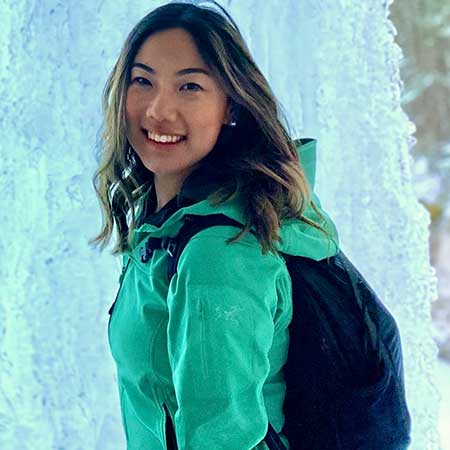
What are the highlights of the program for you? Close knit program, staff are very friendly, fun, and supportive, its a small program in a big hospital where you aren't isolated from other residents and you get to know the pediatrics and adult neuro residents well, very flexible program that will adjust your schedule based on your career interests, very supportive of your well being and will accommodate your life outside of residency (ie. important family events, weddings).
What is one piece of advice that you want to share with applicants about the interview process? Get to know the people a bit before if you can!
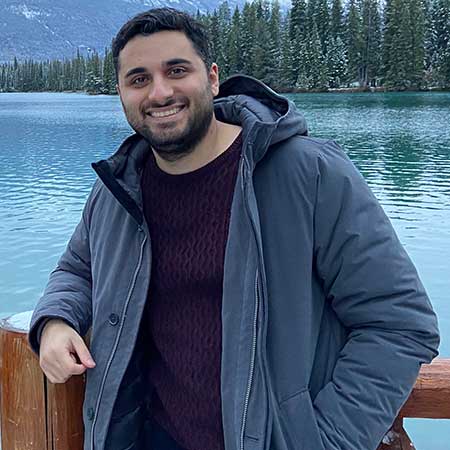
What are the highlights of the program for you? Excellent support from staff and administrators! You feel very supported and there are many opportunities provided to get involved with research, teaching, med ed etc. There is also excellent rapport between our general pediatrics and adult neurology colleagues.
What is one piece of advice that you want to share with applicants about the interview process? CaRMS is a difficult process but remember the breathe and relax as much as possible. It will all work out in the end!
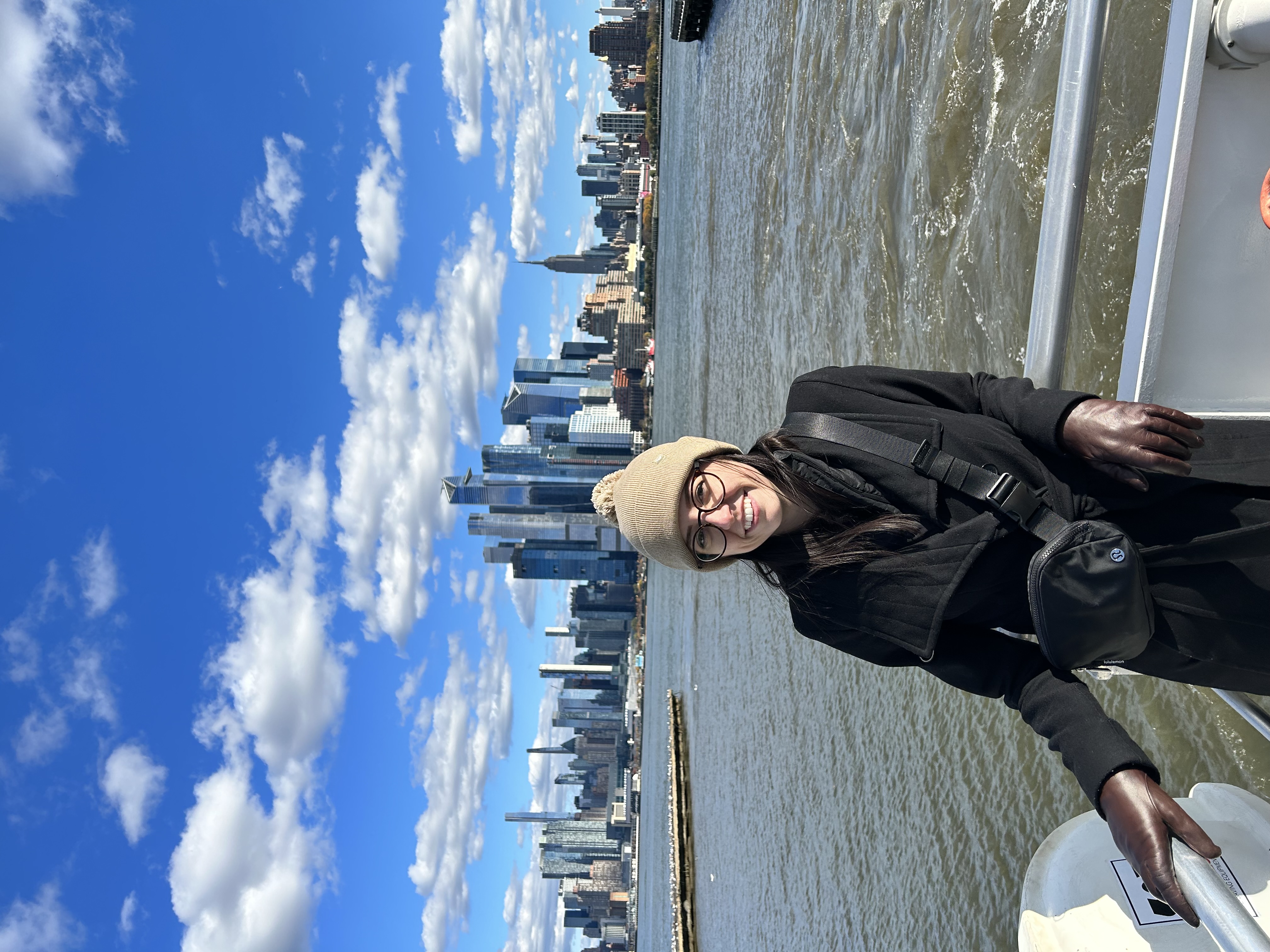
What are the highlights of the program for you? The big highlight of our program in my mind is definitely the people. We have an awesome group of residents, and our staff genuinely care about us. Our admin, Joan, is so organized and kind. Another highlight is our catchment area, including most of the Northern Territories. We get interesting cases and get to serve these remote and relatively underserved populations.
What is one piece of advice that you want to share with applicants about the interview process? Have fun! Enjoy meeting other applicants and residents. We truly want to get to know you as a person; you'll have so much more time to get more neurology, research, and work experience in residency.
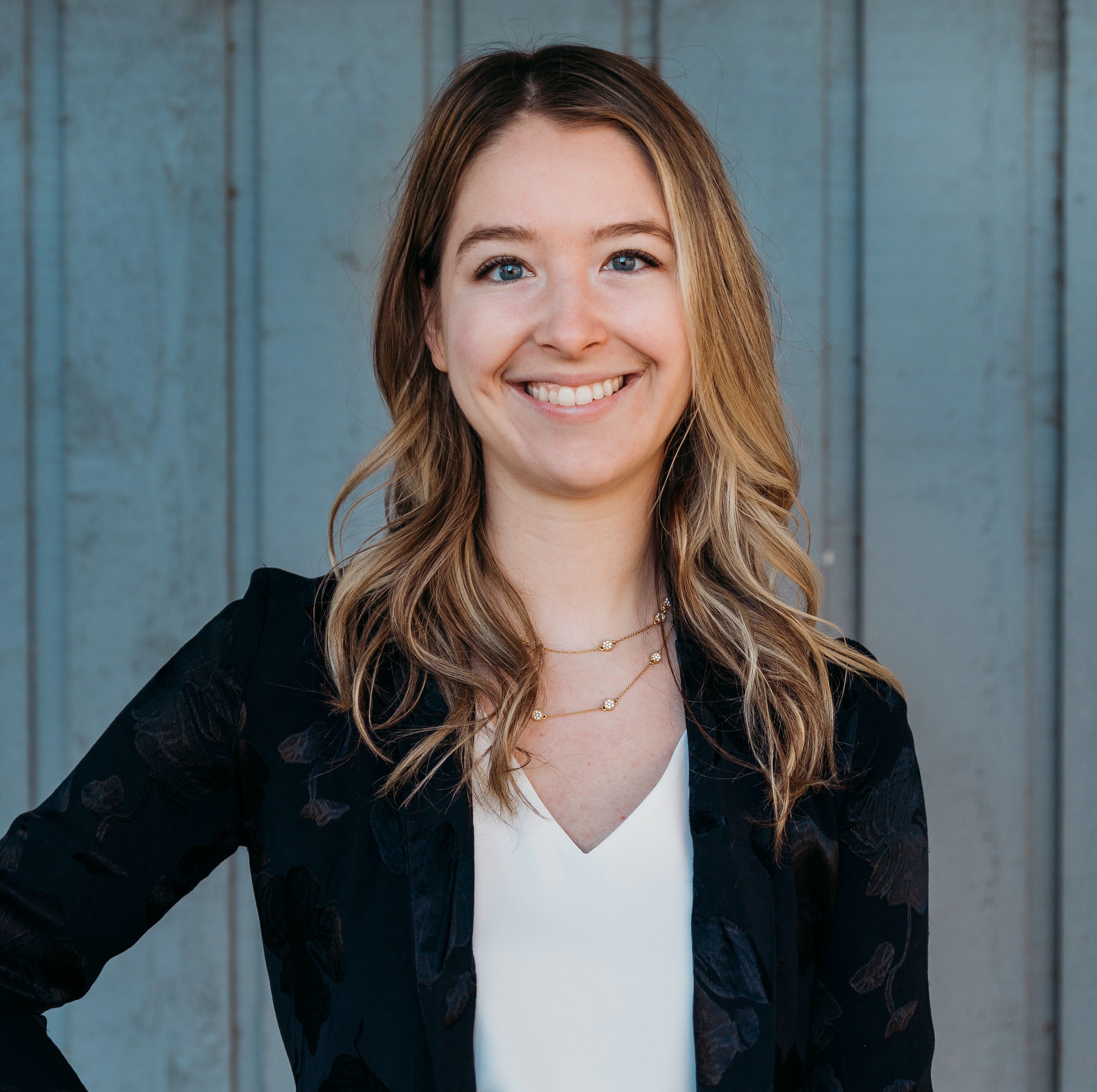
What are the highlights of the program for you? One of the best aspects of our program is the amazing co-residents and supportive staff. We have a close-knit resident family that also includes our fantastic general pediatrics and adult neurology residents. Another outstanding aspect we have the cardiac intensive care unit that has allows for high acuity and interesting neuro cases.
What is one piece of advice that you want to share with applicants about the interview process? Be yourself! We cannot wait to get to know you!